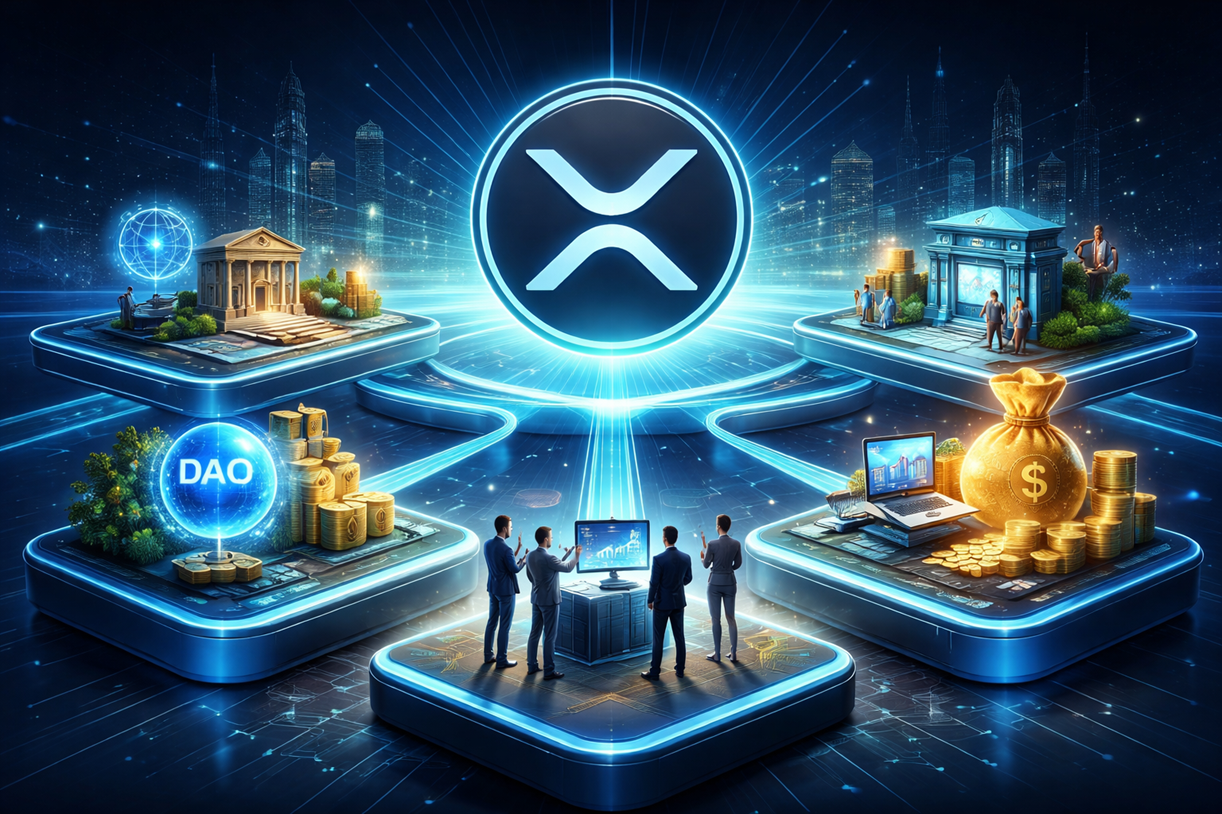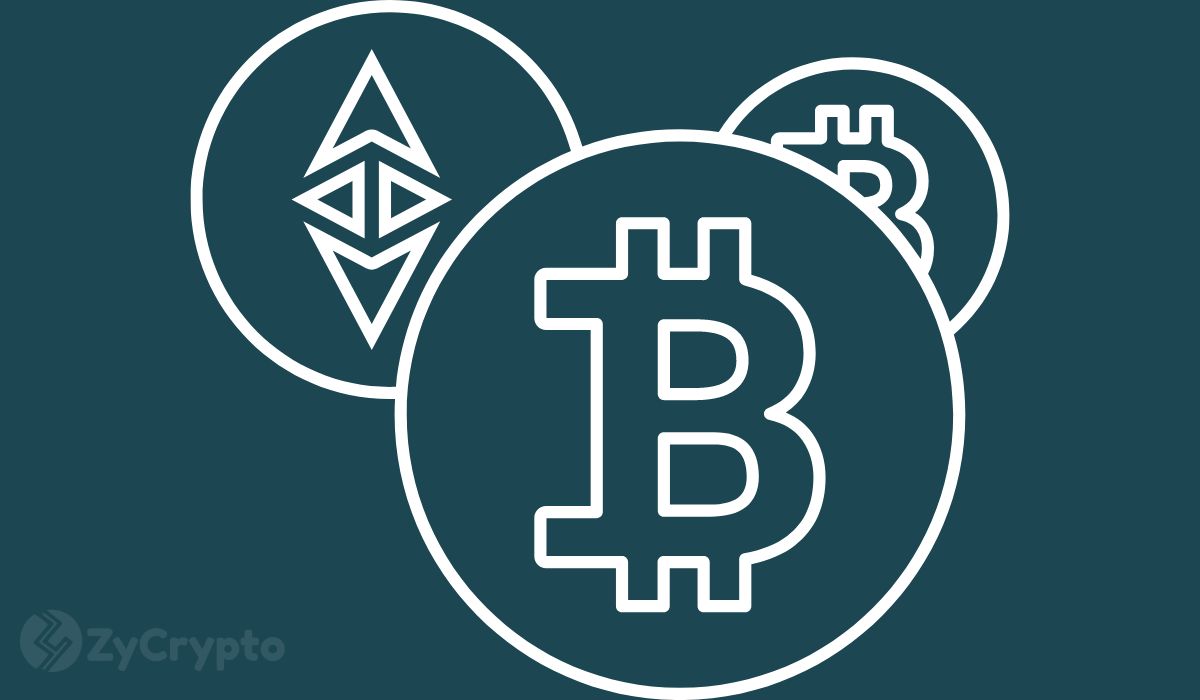Artificial intelligence continues to push computational demands to new levels, creating pressure on existing infrastructures to process data securely and efficiently. Centralized systems, while powerful, often face bottlenecks related to scalability and privacy, leaving users and developers searching for alternatives that can balance performance with trust. Zero Knowledge Proof (ZKP) introduces a framework that aims to meet this challenge through a decentralized approach built on verifiable compute and transparent participation.
At the center of this concept, Zero Knowledge Proof (ZKP) combines Proof of Intelligence and Proof of Space to establish a balanced ecosystem where computation and storage coexist in harmony. With its new crypto presale moving toward the upcoming whitelist, the project is gaining attention for its model that unites privacy, distributed resources, and fairness within AI computation. This design represents a new step toward efficient decentralized systems that protect intellectual property while maintaining verifiable trust.
A Framework for Balanced AI Computation
The dual consensus architecture of Zero Knowledge Proof (ZKP) serves as the backbone of its ecosystem. Proof of Intelligence verifies the computational capabilities of participating nodes, ensuring that AI workloads are processed effectively. Proof of Space, on the other hand, confirms the storage contributions of nodes, securing the data that supports these workloads. Together, they form a system where compute and storage work in tandem to achieve balance and integrity.
By validating both intelligence and space contributions, the network fosters a system where participants are rewarded fairly according to their involvement. This merit-based structure prevents central dominance and encourages active engagement across a wide range of contributors. It also ensures that no single point of failure exists, preserving stability and decentralization.
The dual consensus approach positions Zero Knowledge Proof (ZKP) as more than just another decentralized network. It establishes an operational equilibrium that blends computational strength with verified data management. For participants awaiting the crypto ICO presale, this design reflects a framework capable of addressing real-world inefficiencies in AI-driven networks while prioritizing transparency.
ZKP Builds a Privacy-First Ecosystem
As AI development accelerates, safeguarding intellectual property and private data has become essential. Zero Knowledge Proof (ZKP) incorporates cryptographic methods such as zk-SNARKs and zk-STARKs to verify computations without revealing underlying data or model details. This privacy-preserving method allows developers and organizations to collaborate securely without exposing their proprietary information.
Within this framework, users can perform operations on encrypted datasets while keeping the original data hidden from external observation. The approach upholds privacy standards and aligns with growing regulatory expectations around data handling and protection. It offers a pathway for collaboration that does not compromise confidentiality or ownership rights.
This privacy-first foundation is one of the defining characteristics of Zero Knowledge Proof (ZKP). It not only protects participants but also creates a verifiable layer of trust across decentralized networks. With its new crypto presale generating early interest and the whitelist coming soon, the project’s privacy focus continues to capture attention from both developers and investors looking for sustainable AI and blockchain solutions.
Reinforcing Trust Through Verifiable Operations
In decentralized systems, trust is essential. The Zero Knowledge Proof (ZKP) network integrates advanced verification methods to confirm the correctness of AI computations without revealing the full processing details. This ensures that outputs are reliable, reducing the need for blind trust among participants and strengthening the integrity of the network.
Security within the ecosystem is achieved through a combination of cryptographic defenses, including secure Multi-party Computation and homomorphic encryption. These mechanisms safeguard operations at every stage, ensuring that data and compute activities remain confidential and tamper-proof. Each node in the system must validate both its computational performance and storage allocation, providing an additional defense against manipulation or fraudulent activity.
The decentralized marketplace within Zero Knowledge Proof (ZKP) introduces an equitable environment for data exchange and AI model sharing. Participants can securely share and monetize their work while ensuring all transactions remain verifiable and private. This model opens new opportunities for contributors, both large and small, to participate in the growing AI economy.
As the crypto ICO presale prepares for its highly anticipated whitelist, the market continues to speculate about how this balanced structure could redefine participation in decentralized compute environments. By blending fair validation, data privacy, and distributed workloads, the network positions itself as a foundation for a more equitable digital economy.
Key Takeaway
Zero Knowledge Proof (ZKP) sets out to create an ecosystem where computation, storage, and privacy coexist in balance. Its dual consensus mechanism, integrating Proof of Intelligence and Proof of Space, provides a strong structure for scalable AI systems that do not compromise user trust. By focusing on verifiable compute and decentralized participation, it offers a realistic approach to addressing inefficiencies that limit centralized infrastructures.
As the new crypto presale approaches its whitelist phase, anticipation continues to grow among those interested in the potential of decentralized AI frameworks. Zero Knowledge Proof (ZKP) blockchain combines strong technical principles with an emphasis on data privacy and fairness, marking it as one of the most-watched crypto ICO presales in the decentralized compute space.
Find Out More At:













